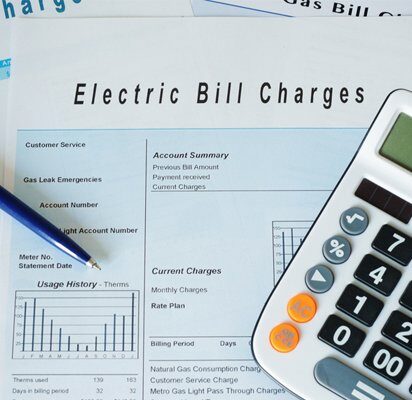Wednesday 29 July 2020
Veolia reports ‘significant’ carbon reductions using energy recovery facilities for clinical waste

The waste management company Veolia has reported 'significant' carbon savings using energy recovery facilities (ERF) technology to treat orange bagged clinical waste.
The technology has been tested at two Veolia plants and showed that this treatment has the lowest carbon footprint, achieving more than 60% reduction in carbon emissions compared to other commonly used treatments.
Waste, including contaminated swabs, gloves, paper towels, masks are usually treated through autoclaving, a high-pressure steam practice, which is thought to use a lot of energy and generates waste that requires transport and disposal at a landfill.
Veolia currently operates ten energy recovery facilities across the UK, which generates around 1.4TWh of electricity by treating non-recyclable waste.
This process provides enough electricity to power more than 430,000 homes.
Richard Kirkman, Chief Technology and Innovation Officer for Veolia UK and Ireland, said: "As we look to build a green recovery following the pandemic, using ERF technology could help make a real contribution to lowering the carbon footprint of healthcare."
If you enjoyed this story you can sign up to our weekly email for Energy Live News – and if you’re interested in hearing more about the journey to net zero by 2050, you can also sign up to the future Net Zero newsletter.




